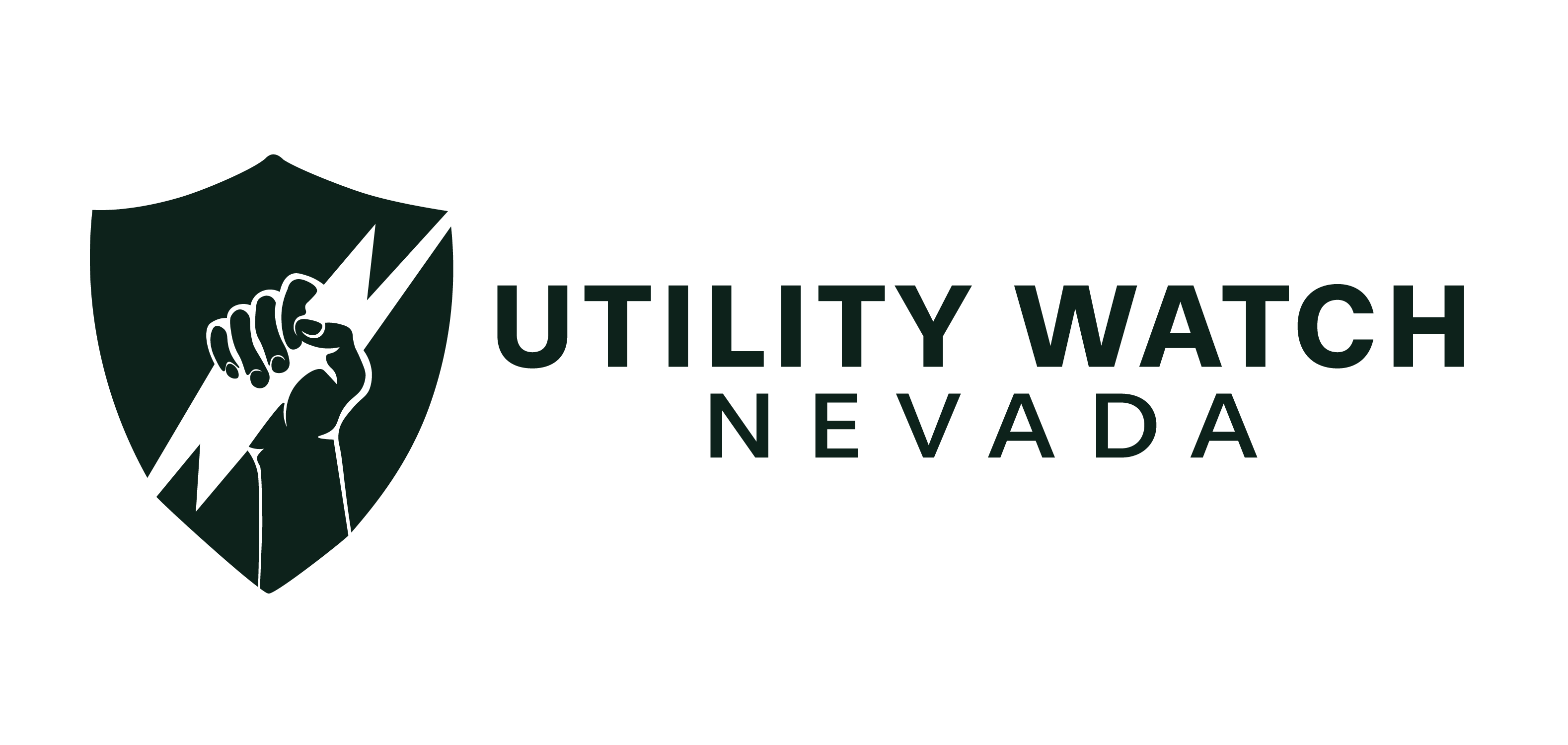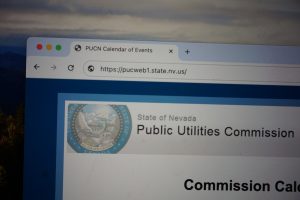Photo courtesy KTNV.
This story was published on KTNV Las Vegas.
LAS VEGAS (KTNV) — When something is delivered to your home, the address matters. And the cost you pay can vary depending on where you live.
But this isn’t a story about packages.
This story is about power. Yes, that kind of power, and why customers like Carlin Dinola feel like their money was stolen by NV Energy.
“I was robbed. That’s what it feels like,” Carlin said.
To explain that, we need to back up a bit.
“I received a letter from NV Energy the beginning of December stating that they had been overcharging me,” Carlin said.
She and her husband have been paying the monthly power bill of a single-family home, but they live in a town home, which is considered a multi-family dwelling.
NV Energy knew that because they had the unit number on the couple’s monthly bill. But that didn’t stop the utility from overcharging them more than twice the monthly basic service charge for the last six years.
“I was shocked! I was very shocked.”
The letter Carlin got from NV Energy says an “account review found that the classification of your home does not accurately reflect the energy rate being charged.”
In addition, Carlin said, “the letter stated that they were gonna reimburse me for six months worth of overcharging–approximately $95.”
You’d think that would be good news. But not when they’d been overcharging her since the day she moved in.
Carlin called NV Energy, “and I asked them to speak to a supervisor and said, well, what about the six years you have overcharged me?”
Using the numbers NV Energy provided in her adjustment letter, that would’ve meant a credit of over $1,100.
Darcy Spears: “You and your husband are retired, and if you were able to get over $1,000 back, how would that help you?”
Carlin: “I could pay a lot of bills with that. A lot of bills being retired and on a fixed income.”
So, what’s the deal with NV Energy only crediting Carlin for six months of overcharges?
The rules–called tariffs–approved by the Nevada Public Utilities Commission say that’s all NV Energy has to do. In a document that dates back to 1980, the utility only has to recalculate bills from the six months prior to the date the error was discovered.
“Why would they need a rate hike, for example, if they’re going to keep over $1,000 of my money? And how many other people have they done this to?” Carlin said.
When we asked that question, NV Energy sent a statement, admitting their error but not answering the question.
In a recent review we discovered a number of customers had been charged the wrong rate for their property type. In some cases customers were overcharged and in some cases customers were undercharged. NV Energy promptly refunded the overcharged customers in accordance with the applicable rules and is not seeking repayment by those customers who were undercharged. We have identified the miscoded properties and have rectified the issue going forward.
Carlin posted about her experience on Nextdoor and heard from, “quite a few other people. Seems to be right at the five-year mark that NV Energy catches their error.”
We asked the PUC how often NV Energy is required to do internal audits addressing appropriate classification and billing of customers. The Commission said, “there is no such separate auditing or reporting requirement that exists in statute or regulation.”
We asked NV Energy how widespread the problem is. They said the data is not fully collected or tabulated so they can’t tell me how many people were affected or how much money is involved.
“And that is absolutely not right. Not right at all,” Carlin said.
The PUC tells me it is currently investigating open complaints related to the issues in our report. They’re looking at whether NV Energy is correctly interpreting and applying that rule regarding the time-frame they’re obliged to reimburse customers.
Affected customers can file a complaint with the Public Utilities Commission’s Consumer Complaint Resolution Division. If that process doesn’t yield an acceptable result, the complaint can be escalated to the Commission.
Customers can also petition the PUC to investigate and change any tariff.
According to the PUC, “If a customer wants to propose a change to a tariff, the customer can seek investigation of the matter either by raising the issue through public comment during a Commission meeting or, more formally, filing a petition for an investigation and/or specific change to the tariff. The customer can also reach out to the State’s Bureau of Consumer Protection, which can pursue such a change on behalf of customers to promote the public interest.”





